In today’s world, our surroundings are filled with toxic substances- from detergents and cleaners to cosmetics, gasoline, pollution, and chemically-treated soil. We are constantly exposed to heavy metals and other toxins through the air we breathe, the food we eat, and the products we use, which can lead to an overload of toxins in our bodies.
This article will provide an extensive guide to heavy metal detox, helping you navigate the complexities of heavy metal poisoning, heavy metal toxicity, and methods to cleanse your body of toxic heavy metals.

What are Heavy Metals in the Body?
Heavy metals are a group of metals that can accumulate in the body and cause toxicity. The most common heavy metals associated with poisoning in humans are lead, mercury, arsenic, and cadmium[1][2][3].
Heavy metals like mercury, arsenic, and lead are common in our environment. They come from various sources, such as plastics, water, fish, and cosmetics. These metals can be toxic to the human body when they accumulate in excessive amounts and they can enter the body through various means, such as ingestion, inhalation, or absorption through the skin.
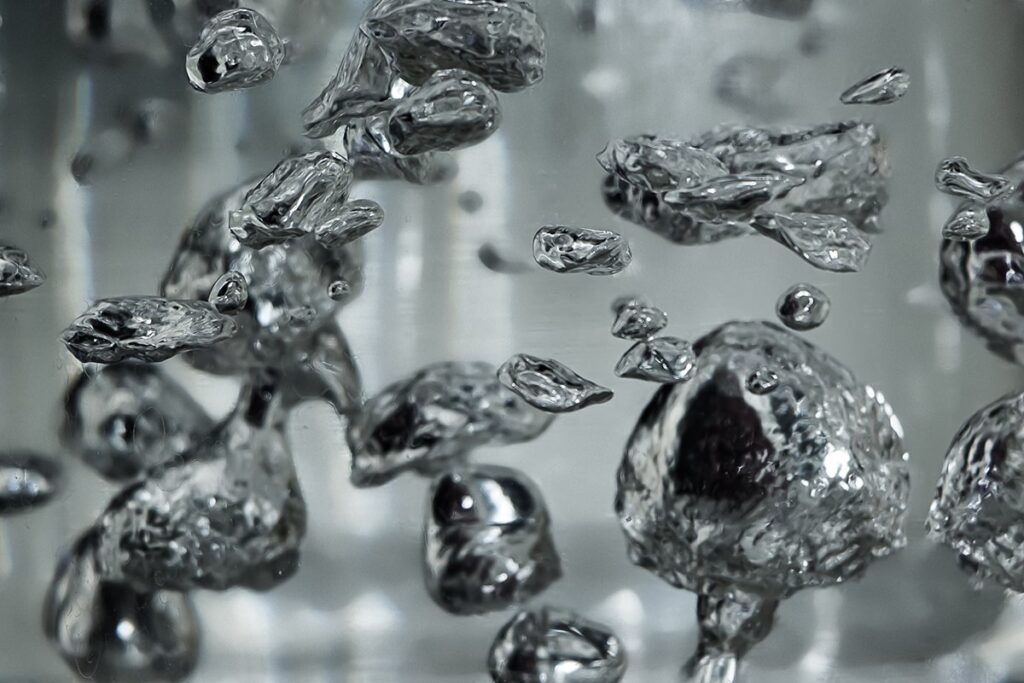
Mercury
Mercury, a natural element found in the environment, can become a poisonous substance when absorbed or ingested. By engaging in a mercury detox and utilizing various methods to remove mercury from your body, you can promote efficient mercury excretion and reduce the harmful effects of these toxic metals on your health.

Mercury is often found in fish, dental amalgam fillings, and some vaccines. High levels of mercury exposure can lead to mercury toxicity and mercury poisoning when individuals are exposed to high levels of this poisonous substance. Mercury can damage nerve cells, red blood cells, and other tissues in the body.
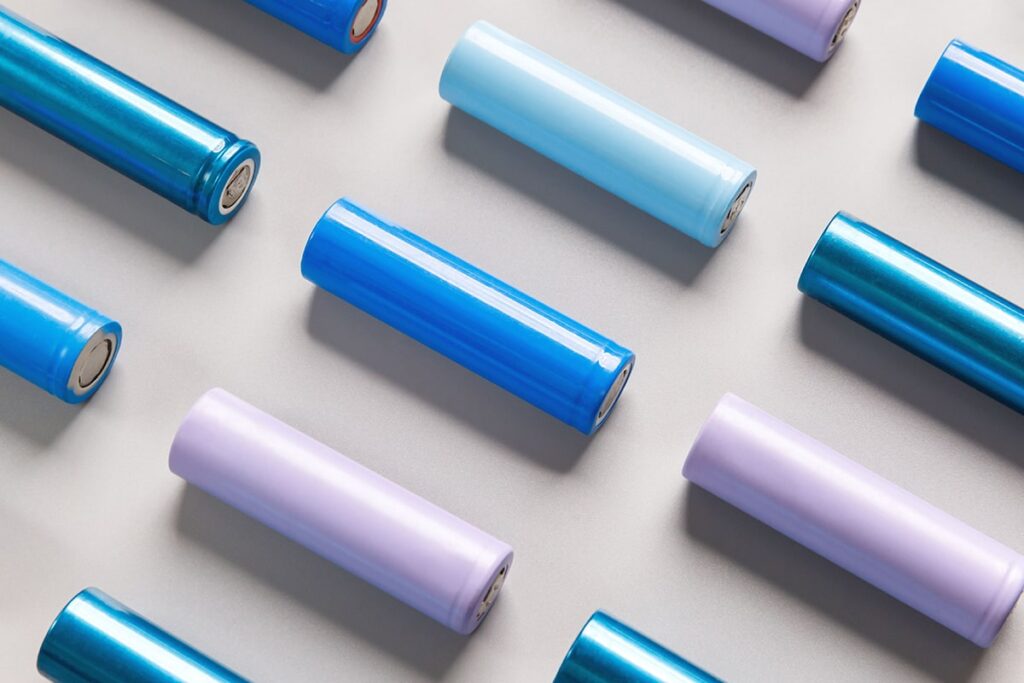
Cadmium
Cadmium is another dangerous heavy metal that can be found in cigarette smoke, batteries, and some industrial processes, as well as in contaminated soil, water, and certain foods. Chronic exposure to cadmium can lead to kidney damage, lung disease, and an increased risk of cancer. To reduce cadmium exposure, avoid smoking, choose batteries with alternative chemistries, and consume a balanced diet with sufficient iron, zinc, and calcium to limit the absorption of cadmium.
Lead
Lead is a toxic heavy metal that can enter your body through various sources, including old paint, contaminated water, and soil. Ingesting or inhaling lead particles can cause lead poisoning, which may lead to neurological problems, learning disabilities, and developmental delays in children. Additionally, it can cause anemia, hypertension, and kidney damage in adults. To minimize lead exposure, test your home for lead-based paint, filter your drinking water, and avoid consuming foods grown in contaminated soil.

Arsenic
Arsenic is a naturally occurring element that can be found in contaminated groundwater, some pesticides, and pressure-treated wood. Long-term exposure to arsenic can lead to skin lesions, cancer, and cardiovascular disease. To minimize your risk of arsenic exposure, test your water supply and use a certified filter if needed, avoid using arsenic-containing pesticides, and be cautious when working with pressure-treated wood.
Aluminum
Aluminum is a ubiquitous metal commonly found in cookware, deodorants, and some processed foods. While aluminum is generally considered less toxic than other heavy metals, excessive exposure can still lead to neurological disorders, such as Alzheimer’s disease, and bone diseases like osteoporosis. To reduce your aluminum exposure, choose aluminum-free deodorants, cook with stainless steel or ceramic cookware, and avoid consuming large amounts of processed foods that contain aluminum-based additives.

The human body has natural detoxification mechanisms to eliminate heavy metals, primarily through the liver and kidneys. However, when the exposure to heavy metals is excessive or continuous, these detoxification systems can become overwhelmed, leading to the accumulation of toxic metals in the body.
They can also displace essential minerals, such as calcium and zinc, which can lead to imbalances and further complications. This buildup can result in heavy metal toxicity or poisoning, which can manifest in various health issues, depending on the specific metal and the severity of the exposure.
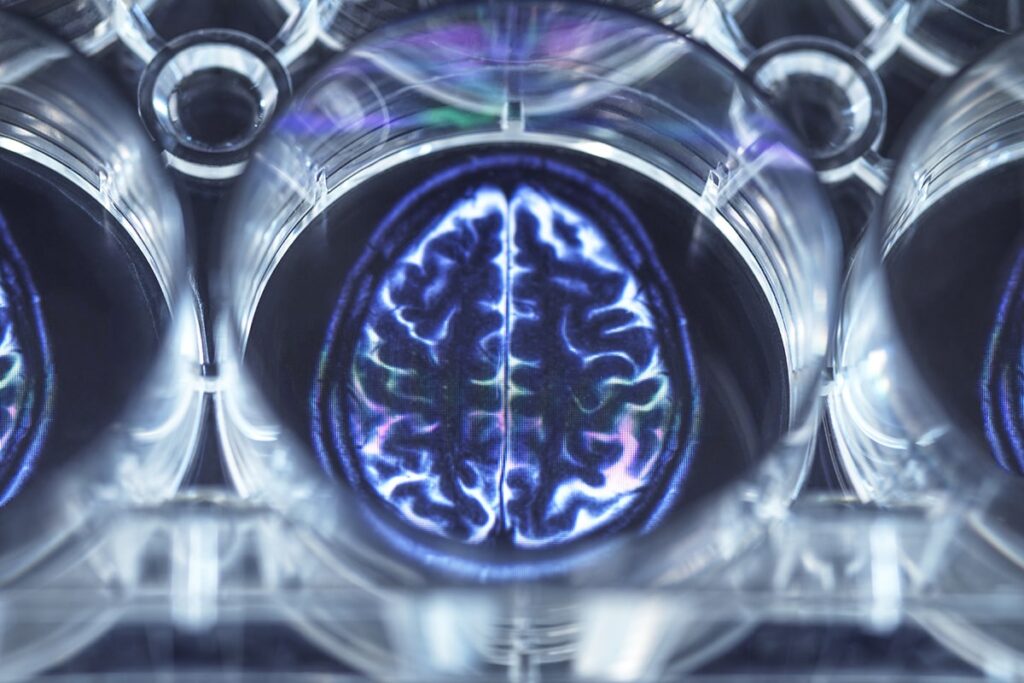
The Effects of Heavy Metals on the Body
Heavy metals can have harmful effects on the body. They can disrupt metabolic functions and accumulate in vital organs such as the heart, brain, kidneys, liver, and bones, hindering their biological function[4]. Heavy metal toxicity can also lower energy levels and damage the functioning of the brain, lungs, kidney, liver, blood composition, and other important organs[5]. Symptoms of heavy metal poisoning include abdominal pain, chills, dehydration, diarrhea, weakness, nausea, vomiting, and a scratchy feeling in the throat[6]. Heavy metals can cause gastrointestinal and kidney dysfunction, nervous system damage, and other acute and chronic toxic effects on different body organs[7]. Studies suggest that heavy metal poisoning can lead to declining physical, muscular, and cognitive function[8].
Heavy metals such as lead, mercury, and cadmium can cause a range of health problems, including damage to the central nervous system, blood-brain barrier, and other vital organs. Long-term exposure to these toxic metals can result in symptoms like brain fog, chronic fatigue, and even chronic illnesses. Heavy metal poisoning and heavy metal toxicity can disrupt the normal functioning of your nervous system, leading to issues with cognitive function, memory, and coordination.
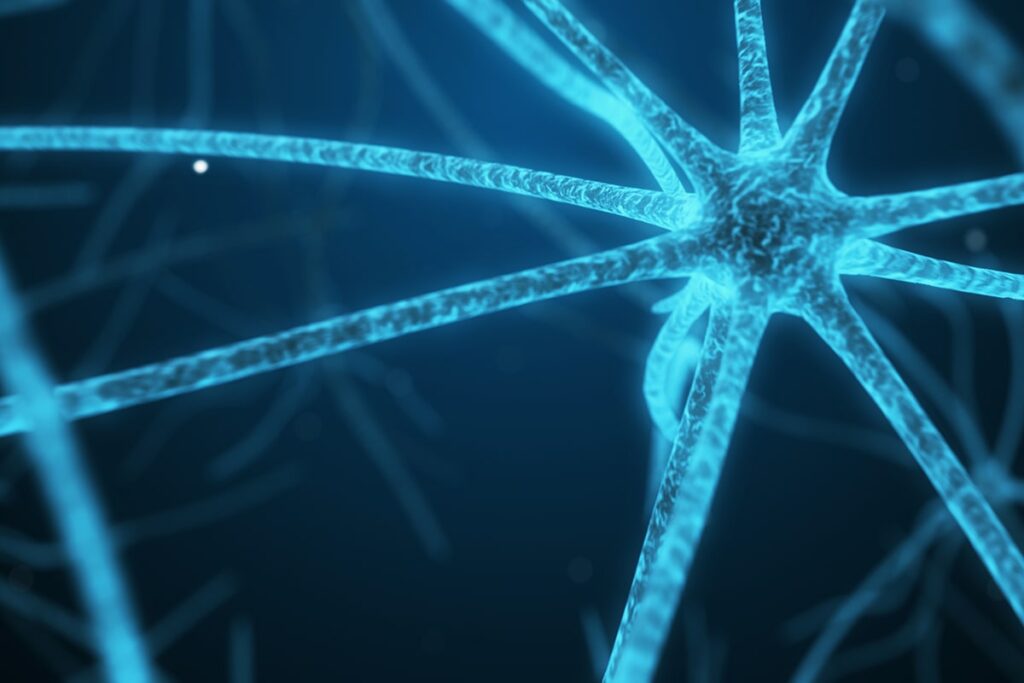
Damage to the Central Nervous System
Heavy metals can cause significant damage to the central nervous system. This damage can manifest as problems with cognitive function, memory, and coordination, ultimately affecting your overall mental health.
Blood-Brain Barrier Disruption
Heavy metals can disrupt the blood-brain barrier, which is responsible for protecting the brain from harmful substances. This disruption can make the brain more vulnerable to damage from other toxins and impede its ability to function properly.
Organ Damage and Dysfunction
Heavy metals can accumulate in vital organs such as the liver, kidneys, and lungs, leading to organ damage and dysfunction. Over time, this can result in chronic health conditions that affect overall quality of life.

Hormonal Imbalances
Heavy metals can interfere with hormonal balance, leading to a range of symptoms such as mood swings, weight gain, and fatigue. Hormonal imbalances can also have long-term effects on reproductive health, thyroid function, and adrenal health.
Immune System Suppression
Heavy metal exposure can suppress the immune system, making the body more susceptible to infections and autoimmune disorders. A weakened immune system can also impair the body’s ability to recover from illness and maintain overall health.

Identifying Heavy Metal Toxicity
Toxic heavy metals can enter our bodies through various sources, such as air pollution, contaminated water, and food, as well as through direct contact with environmental metals like lead or mercury. Mercury poisoning or lead exposure, for example, can cause severe health issues if not addressed promptly. Recognizing the symptoms of heavy metal poisoning or toxicity is crucial for seeking appropriate treatment.

Fatigue and Weakness
One common symptom of heavy metal toxicity is persistent fatigue and weakness. If you’re experiencing unexplained tiredness, even after getting sufficient rest, it could be a sign of heavy metal exposure.
Cognitive Difficulties
Problems with memory, concentration, and decision-making can be indicators of heavy metal toxicity. These cognitive difficulties may manifest as brain fog, confusion, or difficulty focusing on tasks.
Digestive Issues
Gastrointestinal symptoms, such as nausea, vomiting, constipation, or diarrhea, can be associated with heavy metal exposure. These symptoms may also be accompanied by abdominal pain, loss of appetite, and weight loss.
Nervous System Disorders
Heavy metals can affect the nervous system, leading to symptoms like numbness, tingling, or burning sensations in the extremities. In more severe cases, this can progress to muscle weakness, tremors, and even paralysis.
Mood and Behavioral Changes
Heavy metal toxicity can cause mood and behavioral changes, including irritability, anxiety, depression, and mood swings. These changes may be subtle at first but can become more pronounced over time if exposure continues.

Skin and Hair Issues
Skin and hair problems, such as rashes, eczema, hair loss, or brittle nails, can be signs of heavy metal toxicity. Changes in skin color or texture, as well as unexplained itching or inflammation, should be taken seriously.
Kidney and Liver Damage
Heavy metals can accumulate in vital organs like the kidneys and liver, leading to organ damage and dysfunction. Symptoms of kidney or liver damage include dark-colored urine, jaundice, swelling of the legs or ankles, and abdominal pain.
Respiratory Problems
Exposure to heavy metals can cause respiratory issues, such as shortness of breath, coughing, and wheezing. These symptoms may be accompanied by chest pain or tightness, especially in cases of acute exposure.
Cardiovascular Symptoms
Heavy metal exposure can lead to cardiovascular symptoms like high blood pressure, irregular heartbeat, or chest pain. In more severe cases, heavy metal toxicity can increase the risk of heart attack or stroke.
Reproductive Issues
Heavy metals can interfere with reproductive health, causing hormonal imbalances, fertility issues, and complications during pregnancy. Symptoms may include irregular menstrual cycles, low libido, or difficulty conceiving.
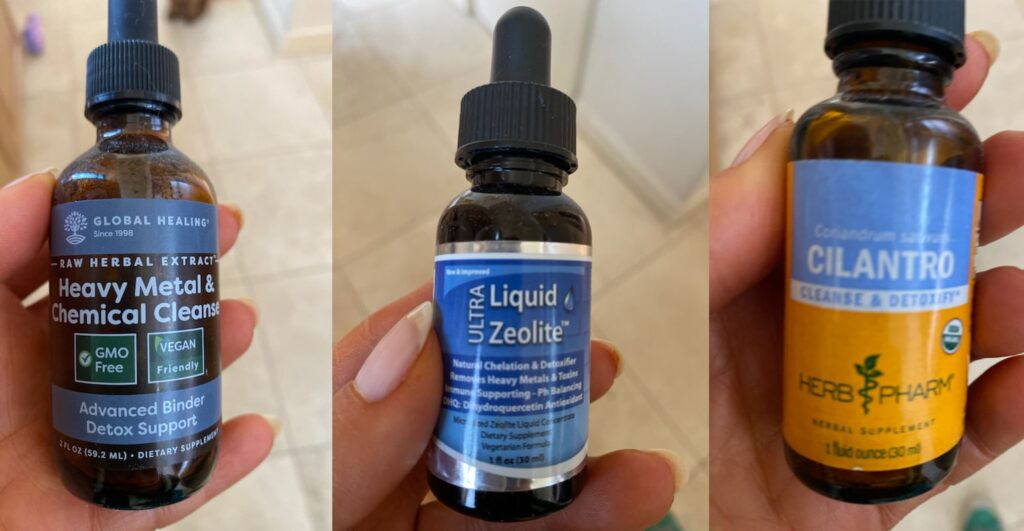
Heavy Metals Detox and Chelation Therapy
When it comes to addressing heavy metal toxicity or poisoning, chelation therapy is one of the most widely recognized methods for removing metals from the body. This treatment involves the use of chelating agents, such as EDTA (ethylene diamine tetraacetic acid), which bind to toxic metals, allowing them to be eliminated through urine or feces. EDTA chelation therapy can be administered through intravenous infusions, oral medications, or suppositories.

The Role of Diet in Heavy Metal Detox
To support your body’s natural detoxification processes, it’s essential to adopt a heavy metal detox diet. This diet should be rich in antioxidants, such as vitamin C, to reduce free radicals and support the immune system. Foods like cilantro, garlic, and chlorella can help remove heavy metals from the body naturally, while milk thistle can support liver function and promote detoxification.
In addition to incorporating these detoxifying foods into your diet, you should also avoid processed foods and canned foods, which may contain harmful heavy metals. Opt for high vibration foods, polyphenol-rich foods and organic produce whenever possible, and be mindful of high-mercury fish like tuna, swordfish, and king mackerel.
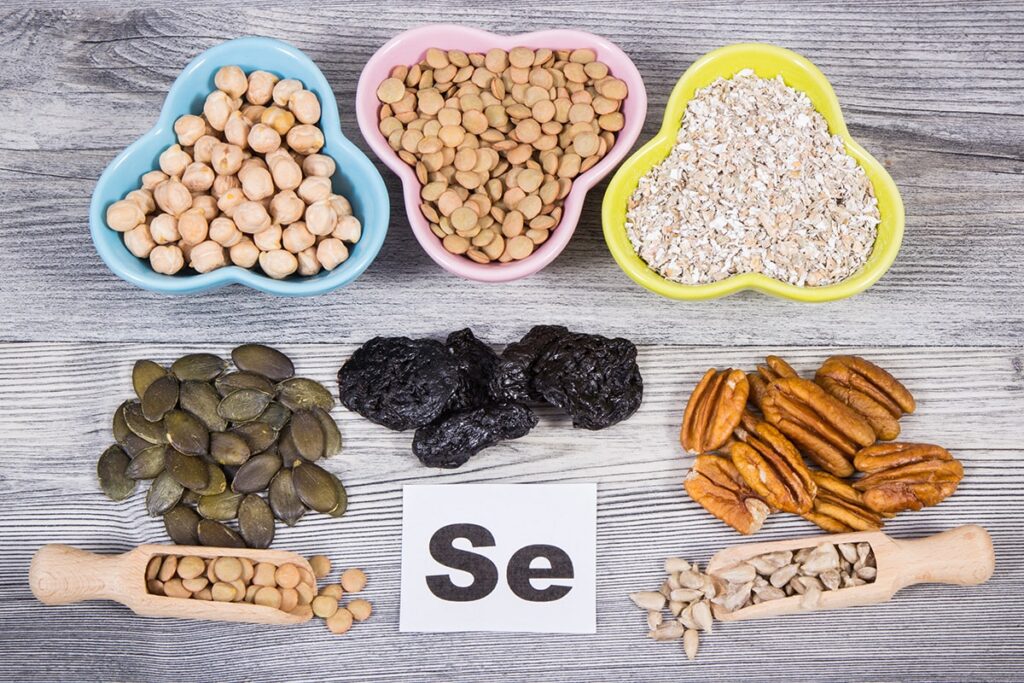
Heavy Metal Detox Smoothies and Supplements
To eliminate toxins and heavy metals from the body, consider incorporating a heavy metal detox smoothie into your diet, along with organic selenium supplementation and other detoxifying foods. Additionally, supplements such as alpha lipoic acid and organic selenium can aid in the removal of toxic metals and support overall detoxification.
Chelation therapy, which involves the use of a chemical solution called EDTA, can also be administered intravenously to help remove accumulated heavy metals. However, it is essential to ensure that all the toxins and excess minerals are removed from the body through the use of binders and other supportive measures.

Lifestyle Changes to Avoid Heavy Metal Exposure
To prevent heavy metal exposure and accumulation in the body, it’s crucial to adopt certain lifestyle changes. This includes using alternatives to aluminum foil for cooking, opting for glass or stainless steel containers instead of plastic, and avoiding cosmetics or personal care products that contain harmful chemicals. Also, stay informed about potential sources of heavy metal contamination in your area by following updates from the Environmental Protection Agency (EPA).

The Importance of Regular Detoxification to Prevent Heavy Metal Poisoning
Given the prevalence of heavy metals in our environment, it’s essential to engage in regular detoxification practices to prevent the buildup of these harmful substances. This can include maintaining a healthy diet, using infrared saunas, incorporating detoxifying supplements, and staying hydrated to help flush out toxins. Regular heavy metal detoxing can help reduce the risk of chronic toxicity and improve your overall health and well-being.
The Role of Natural Elements in Heavy Metal Detox
Some natural elements, such as selenium and zinc, can play a crucial role in heavy metal detox. These essential minerals can help counteract the negative effects of toxic metals by binding to them and preventing their absorption in the body. By incorporating foods rich in these essential minerals, such as Brazil nuts (for selenium) and pumpkin seeds (for zinc), you can support your body’s natural detoxification processes.

The Importance of a Holistic Approach to Heavy Metal Detox
A holistic approach to heavy metal detox encompasses not only dietary and lifestyle changes but also emotional and mental well-being. Chronic exposure to toxic metals can contribute to emotional imbalances, anxiety, and mood disorders. Practicing stress reduction techniques, such as meditation, yoga, or deep breathing exercises, can also help support the body’s natural detoxification processes.
To achieve optimal results when detoxing from heavy metals, it is essential to consider all aspects of your lifestyle, including your diet, environment, and daily habits. Remember, there is virtually no way to avoid all exposure to mercury and other metals, but by being proactive and taking a comprehensive approach to your health, you can reduce your exposure to them.

The Challenges and Limitations of Heavy Metal Detox
Although heavy metal detox can be highly beneficial in addressing toxic overload, it’s important to be aware of the potential challenges and limitations associated with this process. Detoxification can sometimes cause temporary side effects, such as fatigue, headaches, or a metallic taste in the mouth. Additionally, certain detox methods may not be suitable for everyone, particularly those with pre-existing health conditions or sensitivities.
It’s essential to work closely with your healthcare provider to develop a detox plan tailored to your individual needs and to ensure the safe and effective removal of heavy metals from your body.

My Experience with Heavy Metals
When I first discovered that my heavy metal levels, particularly mercury and arsenic, were very high, I sought the help of a doctor who recommended intravenous chelation therapy. I underwent this treatment for a year, and while it initially helped to lower my heavy metal levels, they eventually spiked again.
This doctor had failed to inform me that in addition to chelation therapy, it is necessary to use binders to remove the heavy metals from the body. As a result, I was unknowingly allowing the metals to accumulate, which made me even sicker. Although chelation therapy can be effective for some people, it is crucial to use additional binders to ensure the successful removal of heavy metals.
In my case, chelation therapy involving intravenous treatments didn’t help. Instead, I now have a new doctor and my specific protocol involves taking the DMSA (250-500 mg) pill for three days, then stopping for ten days, and repeating this cycle for an entire year. To start a similar treatment, you need to consult with a functional doctor, get tested for heavy metals, and obtain a prescription for DMSA (your health practitioner will help determine whether EDTA or DMSA is the better option for you). The dosage and duration will depend on your specific situation and heavy metal levels.

After a year of dedicated effort towards detoxing my body from heavy metals, I recently received some encouraging news last week from my functional doctor. He told me that I had cleared out around 80% of the heavy metals from my body, leaving only 20% left.
Although this is great progress, I must acknowledge that heavy metal detox is not an easy journey. It has taken me around three years of hard work, dedication, and commitment to get to this point. But despite the obstacles, the rewards have been substantial. I have noticed significant improvements in my overall health, including increased energy, improved digestion, and reduced inflammation.

Lifestyle Changes
I also stopped eating fish, except for wild Alaskan salmon and sardines, and no longer use plastic bottles. Recently, I learned that many non-eco-friendly porcelain cups and plates release toxins when exposed to hot liquids. So, I switched to silicone and glass cups alternatives from a company called BODUM, which offers eco-friendly cups and dishes.
Also, my entire house is chemical-free – from cleaning supplies to laundry detergents, soaps and cosmetics – I’ve eliminated all harmful chemicals from my living space.
Additionally, I’m taking spirulina chlorella tablets and drinking celery juice four times a week. Celery juice is amazing as it can help pull out heavy metals and support your heavy metal detox journey. See my daily routine here.

Take the Right Supplements
Quicksilver Scientific offers an amazing binder with charcoal, which is part of their formulas that help chelate heavy metals out of your body. After taking DMSA pills to reduce my heavy metal levels, their products help me maintain a healthy body by addressing ongoing toxin exposure.
Heavy metals tend to settle deep within your muscles, blood, and even the core of your bones. To effectively remove them, you need powerful binders, chelation treatments, and a healthy diet. Additionally, it’s crucial to stop using plastic bottles and to be mindful of the food you consume, depending on the heavy metals you’re trying to eliminate.
Glutathione is another excellent supplement offered by Quicksilver Scientific- It helps cleanse your liver.
Quicksilver also sells Quinton, a water hydration product that I have also been taking. I recommend their products because they are high quality and effective.
Note: It’s important to be cautious about the origins of supplements and herbs you consume. Many products from India and China may contain toxins, mercury, arsenic, and other heavy metals. Also, be mindful of the origin of food, let’s take your rice for example- opting for organic rice from California or wild rice is best to avoid excess heavy metals.

Find a Good Functional Doctor
It’s only recently that functional medicine doctors have started testing for heavy metals as a first step when patients present with symptoms or autoimmune diseases. They now understand that it is essential to clean heavy metals from the body and address any gut issues, such as leaky gut, that may have resulted from heavy metal overload. This approach helps prevent the development of autoimmune diseases and cancer.
To determine which chelation treatment is best for you – DMSA or EDTA – it’s crucial to consult a knowledgeable practitioner who can guide you through the process. Don’t attempt to self-treat without first getting your heavy metal markers tested. Blood tests are often insufficient for this purpose, and the most accurate method is through a specialized lab that uses chelation and urine samples.

How it Works
First, it’s important to find a good functional doctor to guide you on this journey. Don’t settle for the first one you come across – do your research and read reviews to find someone who is knowledgeable and reputable, and make sure they understand your needs! A regular doctor might perform a blood test and tell you everything is fine, but a functional doctor will use specialized kits and tests to get a more accurate picture of your heavy metal levels.
Once you find a good one, they will order the appropriate heavy metal lab test for you. On the day of the test, you’ll take the prescribed chelation pills (like DMSA) and collect your urine for 6 to 12 hours, depending on your doctor’s instructions. The urine samples will then be sent to a reputable lab specializing in heavy metal analysis to provide the most accurate results.
With my functional doctor, I had two sessions: one to order the necessary tests, and another to review the results and establish a protocol based on the findings. After a year of following the protocol, I contacted my doctor again to retest and reassess my progress. You want a doctor that is laser-focused on helping you achieve your health goals, like Dr. Mark Hyman– one of the top functional medicine doctors in the United States.

Coaching Sessions
I am currently offering one-on-one coaching sessions to help individuals who may be facing challenges in achieving their goals independently. My goal as a coach is to guide and support you in every step of your journey, while also holding you accountable for the actions you take towards achieving your desired outcomes.
Whether you want to improve your health and wellness, establish better habits, or achieve personal and professional growth, I can provide you with personalized attention, a customized approach that suits your unique needs, and the necessary tools and motivation to help you reach your full potential and transform your life.

Conclusion
In conclusion, heavy metal detox is an essential practice for maintaining optimal health in today’s toxic environment. By understanding the sources of heavy metal exposure, implementing a detox-focused diet, engaging in regular detox practices, and working closely with a good functional doctor, you can effectively cleanse your body of harmful heavy metals and support vibrant health.
Detoxification is an ongoing process, and adopting a consistent, holistic approach can help protect your body from the detrimental effects of heavy metal toxicity. Remember, heavy metals can interfere with normal biochemical processes, cause organ damage, and displace essential minerals, leading to various health issues. Chelation therapy, when combined with additional binders, like the ones from Quicksilver Scientific, and detoxifying practices, can help remove heavy metals from the body.
FAQ
Heavy metals are naturally occurring elements that have a high atomic weight and a density at least five times greater than that of water. Some common examples include lead, mercury, cadmium, and arsenic. While some heavy metals have beneficial properties at low concentrations, excessive exposure can be toxic to humans.
Heavy metals can enter the body through various pathways, including ingestion, inhalation, and skin contact. Common sources of exposure include contaminated water, air pollution, certain foods, and household products.
Symptoms of heavy metal toxicity can vary depending on the type and level of exposure. Common symptoms include chronic fatigue, brain fog, headaches, digestive issues, joint pain, and skin rashes. Severe cases can result in neurological damage, kidney failure, and even death.
Heavy metal toxicity is typically diagnosed through blood, urine, or hair tests. These tests can help identify the presence and levels of specific heavy metals in the body. It is essential to consult with a healthcare professional for accurate testing and diagnosis.
Chelation therapy is a medical treatment that involves the administration of chelating agents, which bind to heavy metals in the body and facilitate their excretion through urine or feces. Chelation therapy can be administered orally or intravenously, depending on the specific heavy metal and severity of the condition.
Yes, there are natural ways to support heavy metal detoxification, including dietary changes, herbal supplements, and certain lifestyle practices. Consuming a diet rich in antioxidants, fiber, and essential nutrients can help promote detoxification, while supplements such as spirulina, chlorella, and milk thistle can support liver function and the body's natural detoxification pathways.
The duration of a heavy metal detox can vary depending on the individual's unique circumstances, including the type and amount of heavy metals present, the chosen detoxification method, and the person's overall health. Detoxification can take anywhere from a few months to several years.
Heavy metal detoxification can cause side effects, including fatigue, flu-like symptoms, and digestive issues. These symptoms are often referred to as "detox reactions" and typically subside as the body adjusts to the detoxification process.
While it may not be possible to completely avoid heavy metal exposure, there are steps you can take to minimize your risk, such as consuming a nutrient-dense diet, using filtered water, avoiding contaminated sources, and choosing household products with minimal heavy metal content.
Long-term, untreated heavy metal toxicity can cause permanent damage to vital organs, the nervous system, and other bodily functions.
Foods rich in antioxidants, fiber, and essential nutrients can support the body's natural detoxification processes. Some examples include leafy green vegetables, cruciferous vegetables, berries, garlic, cilantro, and selenium-rich foods like Brazil nuts.
Several factors can increase the risk of heavy metal toxicity, including occupational exposure, living near industrial areas, consuming contaminated food or water, smoking, and using certain medications or supplements with high heavy metal content. Having a weakened immune system or compromised detoxification pathways can also make an individual more susceptible to heavy metal toxicity.
Heavy metal detoxification can potentially improve overall health by removing harmful toxins from the body, reducing inflammation, and promoting optimal functioning of the organs and systems affected by heavy metal toxicity. Individuals who undergo heavy metal detox may experience improvements in energy levels, cognitive function, and overall well-being. However, it is essential to consult with a healthcare professional before beginning any heavy metal detox program to ensure safety and effectiveness.

Resources
1. Heavy Metal Poisoning – Symptoms, Causes, Treatment | NORD
2. Heavy Metal Poisoning (Toxicity)
3. What Is Heavy Metal Poisoning? Symptoms, Causes, …
4. Heavy metals and living systems: An overview – PMC – NCBI
5. Toxicity, mechanism and health effects of some heavy metals
6. Heavy Metal Poisoning (Toxicity)

With a positive approach and a motivation mindset, you will reach your health goals, no matter how hard they may seem at first. Learn more about my one-on-one coaching program here.







